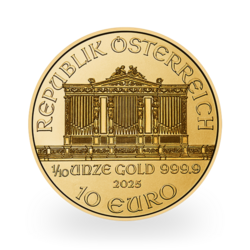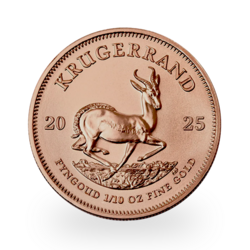« 50 billion euros in savings », stated Manuel Valls, the new Prime Minister, on April 15th. The announcement hit like thunder : After many hesitations, France is becoming aware of its difficult situation and takes vigorous action. Public spending has never decreased in 40 years and, for the first time, it’s going to happen... the spiral of deficit and debt is now stopped, hear, hear! Well, in any case, this is how the government wishes this announcement to be perceived, especially by those buying France’s debt, in Europe and in the rest of the world. This is, above all, an exercise in « communication ».
One has to recall that two thirds of France’s debt is owned by ‘non-residents’, i.e. foreign investors; it is thus crucial for France to maintain their trust to avoid the crumbling of the whole thing. If those foreign investors only read the headlines of the major international newspapers, they may see a decrease of public spending and a return to a balanced budget, but if they read a little more, they might discover another reality...
What does this statement really say? A bet so risky that it could be called a lie... Actually, contrary to what one could think, there will be no reduction in spending : No cutting or decrease in social welfare, no budget cuts, no structural reform that could generate savings, no big onerous project stopped (Lyon-Torino high-speed train, windmills at sea, Greater Paris underground... each costing tens of billions of euros, with no real usefulness), nothing at all.
So, where does that 50 billion euros number come from? Manuel Valls simply decided not to re-evaluate social welfare and State spending, with the result being that public spending, in absolute terms, will not change. And low inflation expected (2%), plus an optimistic growth of 2% in the coming years (exactly 1.7% in 2015, 2% in 2016 and 2.25% in 2017) will continue to grow State fiscal revenue by 2 to 3% yearly. The difference between this stagnation of spending and this little increase in revenue amounts to 17 billion euros in savings for the next three coming years, for a total of 50 billion.
There we have it : there won’t be 50 billion in savings all at once, but 17 billion over three years, which is not a lot, considering the total amount of public spending in France (1,150 billion euros). And they’re betting these savings on optimistic previsions, because France is being hit, just like other european countries, by disinflation, and their growth previsions are way too optimistic. Nothing bodes for growth to pick up soon, with businesses the least profitable they’ve been, weak investments, record bankruptcies. The most likely scenario is growth stuck around zero and, with it, « so long » to those 50 billion euros of savings.
President François Hollande likes the Coué « method ». He stated, « On a psychological level, it is very important that the French feel like ‘it can work’, because faith will bring back consumption and investment. » That was last year and, since, nothing has changed. And I don’t think there will be any improvement in 2014 and 2015. By constantly playing with words and abusing its people, the french government may face some violent consequences. The fall may be more brutal. France is the pivot country between Europe’s south and north, and a crisis surrounding the trust on its debt would spread to all of the Eurozone...
Reproduction, in whole or in part, is authorized as long as it includes all the text hyperlinks and a link back to the original source.
The information contained in this article is for information purposes only and does not constitute investment advice or a recommendation to buy or sell.

















